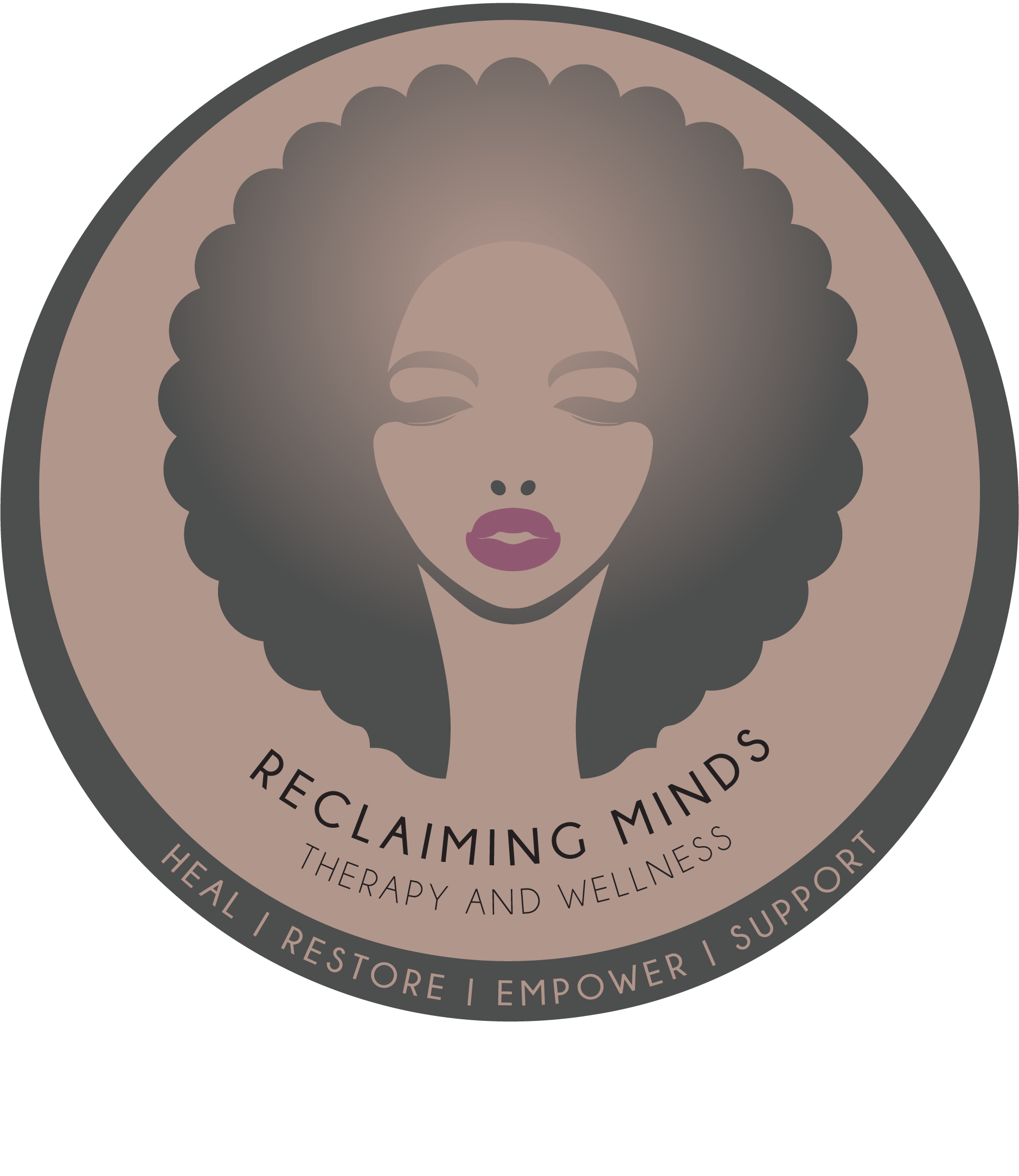Election seasons, especially the days leading up to and including Election Day, can be a particularly stressful time for many. Whether it’s because of the political climate, social media debates, or concern for the future of the country, emotions can run high. For women of color, especially those in the BIPOC community, the stakes may feel even higher. The pressure to show up, advocate for change, and remain hopeful for progress can weigh heavily on the mind and body. It’s crucial to recognize how this stress affects us and take steps to protect our mental health.
The Weight of Election Day for Women of Color
Election Day isn’t just about choosing leaders—it’s about making decisions that can impact our daily lives, our communities, and our future. For BIPOC women, elections often bring up issues that deeply affect us, from reproductive justice to racial equity, economic security, and healthcare access. The burden of these important decisions can trigger anxiety, stress, and even feelings of hopelessness, especially when the outcome is uncertain or when political debates feel personal.
As a demographic that often feels the disproportionate effects of systemic injustice, we might also face microaggressions, political gaslighting, or being dismissed when expressing our concerns. All these factors can make Election Day emotionally charged, amplifying feelings of being unseen, unheard, and overwhelmed.
Signs You Might Be Experiencing Election Day Stress
It’s important to know what Election Day stress looks like so you can address it before it takes a toll on your mental well-being. Some common signs of election-related stress include:
Increased anxiety or panic: The uncertainty about election outcomes or worries about the future can lead to heightened feelings of anxiety.
Trouble sleeping: You may find it difficult to fall asleep or stay asleep due to racing thoughts or distressing news.
Irritability or mood swings: Feeling emotionally drained or frustrated may lead to shorter tempers with those around you.
Physical symptoms: Stress can manifest physically as headaches, muscle tension, or stomach problems.
Avoidance or isolation: To avoid conflict or upsetting conversations, you might find yourself withdrawing from social circles or skipping important conversations about current events.
Practical Tips to Manage Election Day Stress
1. Limit Your News and Social Media Exposure
It’s easy to become overwhelmed by the constant flow of information, especially on social media platforms where everyone has an opinion. While staying informed is important, set boundaries around your media consumption. Designate specific times for checking the news, and make sure to follow reliable sources. Avoid doomscrolling or engaging in heated debates online that could elevate your stress levels.
2. Practice Mindfulness and Grounding Techniques
Mindfulness practices like deep breathing, meditation, or even a short walk in nature can help ground you during stressful times. Consider practicing a simple grounding technique when you feel overwhelmed: focus on five things you can see, four things you can touch, three things you can hear, two things you can smell, and one thing you can taste. This can help shift your mind from anxious thoughts back to the present moment.
3. Lean on Your Community for Support
You don’t have to navigate this time alone. Connect with trusted friends, family, or a support group who understand the unique challenges you face as a BIPOC woman. Sometimes just expressing your feelings to someone who gets it can provide immediate relief.
4. Focus on What You Can Control
While the election outcome may be uncertain, there are things you can control in your own life. Focus on small, positive actions you can take—whether that’s casting your vote, taking care of your body, or engaging in self-care. Feeling empowered in even the smallest way can reduce feelings of helplessness.
5. Engage in Self-Care
Self-care isn’t just a buzzword—it’s an essential practice for preserving your mental health. Take time to do things that make you feel good, whether that’s cooking a nourishing meal, taking a relaxing bath, journaling your thoughts, or engaging in physical exercise. Election Day stress can be draining, so make sure you’re replenishing your emotional and physical energy.
6. Prepare for the Days After the Election
Election-related stress doesn’t necessarily end when the polls close. In fact, waiting for results or processing an outcome that doesn’t go as hoped can prolong anxiety. Give yourself permission to step away from news updates, plan for restful activities, and give yourself time to process whatever emotions come up without pressure.
You Don’t Have to Face Election Day Alone
It’s okay to admit that Election Day feels like more than just a civic duty—it can also feel like a personal battle. If the weight of this season is too much to bear, know that you’re not alone. At Reclaiming Minds Therapy and Wellness, we specialize in helping women of color navigate the unique challenges they face, including stress, anxiety, and trauma. If you’re feeling overwhelmed, anxious, or uncertain during this election season, we’re here to support you.
Take the Next Step Toward Mental Wellness
Your mental health is as important as your vote. If you’re feeling the pressure of Election Day stress, don’t hesitate to seek professional help. Our compassionate team of therapists understands the unique experiences of BIPOC women and is here to provide you with the tools and support you need to navigate this time with resilience.
Book a session with us today and take a step toward managing your mental health and reclaiming your peace, even in the midst of uncertainty. Together, we can work through the stress of today for a brighter tomorrow.


Recent Comments